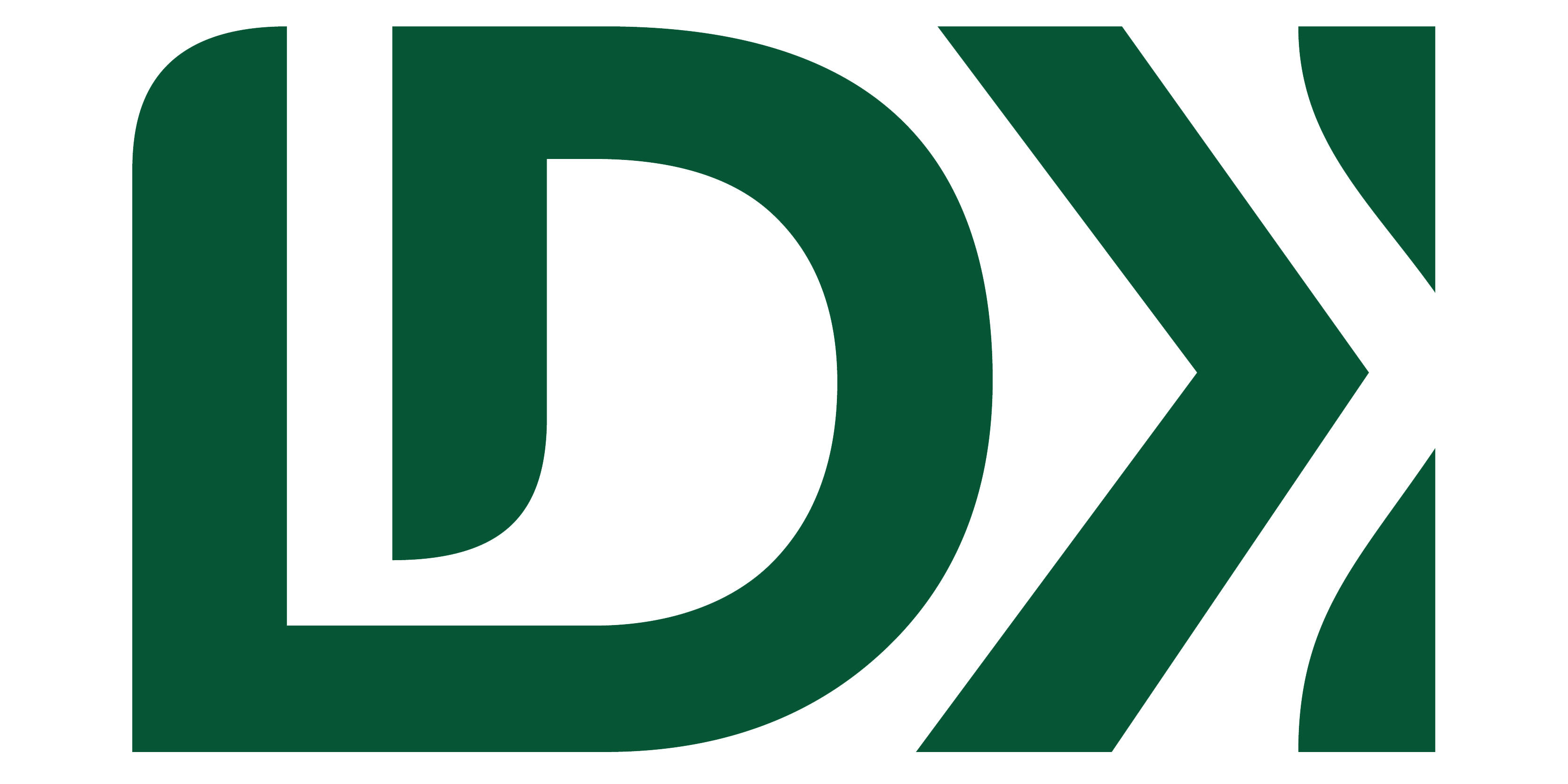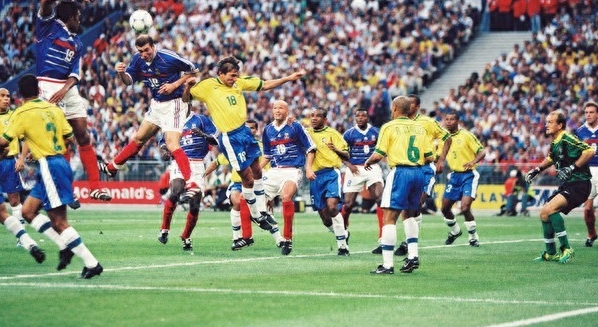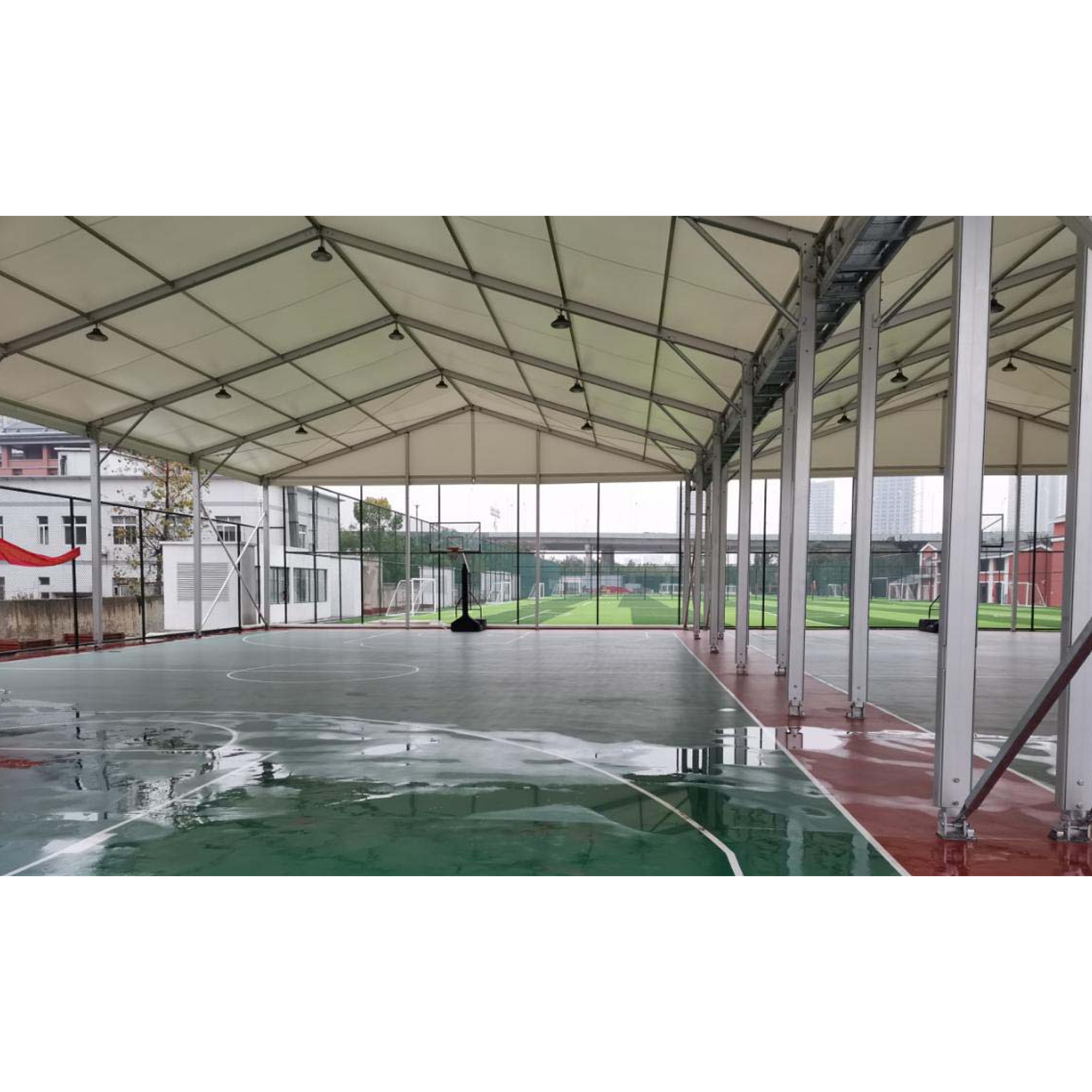The 2026 FIFA World Cup, co-hosted by the United States, Canada, and Mexico, marks a historic expansion to 48 teams, promising an unprecedented level of competition. While the ultimate champion remains uncertain, we analyze team strength, historical patterns, and key variables to shed light on the title race.
Traditional Powerhouses: Heritage Meets Modern Might
-
Spain: The Fusion of Possession and Pace
- Advantages: Their iconic “Tiki-Taka” possession system has evolved into a potent dual threat, seamlessly blending control with rapid counterattacks. The midfield pairing of Rodri (Manchester City) and Olmo (Barcelona) provides stability and creativity, while teen sensation Yamal (Barcelona) adds dynamism. As of May 2025, Spain leads their qualifying group, showcasing exceptional teamwork with an unbeaten record (9 wins, 1 draw, 0 losses, 28 points from 10 matches).
- Concerns: The defense lacks experience and struggles to contain powerful attacks from elite opponents, often giving them clear chances. Success heavily relies on the rapid development of young talents. Their mental fortitude in high-pressure knockout games remains unproven.
-
Germany: Youthful Surge and Steely Resilience
- Advantages: History offers a clue: the first World Cup champions after expansion were often European giants (Italy in 1982, France in 1998). A new generation featuring Musiala (Bayern Munich), Wirtz (Bayer Leverkusen), and Adeyemi (Borussia Dortmund) is emerging, offering tactical flexibility and attacking flair. Coach Nagelsmann’s contract extension until 2028 ensures stability through the 2026 World Cup and 2028 Euros.
- Concerns: Issues persist with an aging midfield and defense, and the absence of a top-tier center forward limits their finishing ability. The ghosts of past failures, particularly consecutive group-stage exits (2018 & 2022), still linger psychologically.
-
France: One Last Charge for the Golden Generation
- Advantages: Boasts arguably the world’s most formidable attack with Mbappé (Real Madrid), Dembélé (Paris), and Barcola (Paris) forming a star-studded frontline. Key players like Mbappé (26) and Tchouaméni (25) are peaking, complemented by the invaluable experience of winning the 2018 World Cup.
- Concerns: Midfield depth is a worry, with no clear successor for the suspended Pogba (whose return seems unlikely). Past locker room discord (e.g., during Euro 2022) could resurface and disrupt team cohesion.
-
Argentina: The Champions’ Evolution
- Advantages: While Lionel Messi may compete at 39, the baton is passing to exciting talents like Álvarez (Atlético Madrid), Enzo Fernández (Chelsea), and Mac Allister (Liverpool). They possess the renowned South American “fighting spirit” and major tournament pedigree as the 2022 champions.
- Concerns: Defensive vulnerabilities, particularly a lack of aerial presence, could be ruthlessly exploited by powerful European sides. The looming leadership void following Messi’s eventual departure needs urgent addressing.
-
Brazil: Mission to Restore the Five-Star Glory
- Advantages: History’s most successful nation (5 titles) boasts attackers like Vinícius Júnior (Real Madrid), Rodrygo (Real Madrid), and Savinho (Manchester City) capable of devastating firepower. New coach Ancelotti (their first non-Brazilian manager) could break the “European elimination curse.”
- Concerns: Midfield inconsistencies and an aging backline are problematic, with stalwart Thiago Silva gradually phasing out. Their current qualifying form is concerning (4th in South America), requiring a swift return to peak performance.
Europe’s New Forces: The Youth Revolution
-
England: The Long-Awaited Answer to “Football’s Coming Home”?
- Advantages: A golden generation featuring Bellingham (Real Madrid), Saka (Arsenal), and Foden (Manchester City) is entering its prime, sharpened by elite European competition. The talent pool is immense.
- Concerns: The persistent penalty shootout curse and associated psychological fragility in crucial moments haunt them. Coach Thomas Tuchel must resolve tactical issues from the Southgate era and integrate the new wave. A striker shortage looms with Harry Kane turning 33 during the tournament.
-
Portugal: Aspirations in the Post-Ronaldo Era
- Advantages: A luxurious array of talent includes Leão (AC Milan), Félix (Barcelona), Bernardo Silva (Manchester City), and Bruno Fernandes (Manchester United). Ronaldo potentially coming off the bench could provide a tactical wildcard. Significant squad depth fuels ambitions beyond recent tournaments.
- Risks: New coach Mourinho’s arrival brings passion and tactical nous, but can he unlock the potential of these stars? Ronaldo’s diminishing influence could also impact squad harmony if not managed carefully.
Host Nation Miracle: Can Favorable Conditions Create History?
-
United States: The Underdog’s Ascent
- Spoiler Potential: 5%-12%. Combined with home advantage, a golden generation, and format benefits, this could rise above 15%.
- Key Variables:
- Home Advantage: Playing up to 11 matches on home soil, potentially boosted by favorable refereeing and fervent support, significantly increases their progression chances.
- Golden Generation: Core European-based players like Pulisic (Milan), McKennie (Juventus), and Reyna (Dortmund) will average around 26.5 years old in 2026 – the prime age for a championship run.
- Format Advantage: Expansion to 48 teams makes group-stage advancement easier, allowing fitness to be preserved for the knockout rounds.
- Japan: With a mature tactical system and overseas stars like Kubo (Real Sociedad) and Mitoma (Brighton), they are genuine dark horses, proven by their 2022 victory over Spain.
Ultimate Championship Prediction: Who Lifts the Trophy?
- Top Contenders: Spain (evolved system + youth), Germany (historical trend + new wave), and France (elite attack + depth) stand as the favorites. Maintaining current form makes Spain the slight frontrunner, while overcoming their mental block could see Germany replicate 1990 or 2014 glory.
- Dark Horses: England (burgeoning talent), Portugal (post-Ronaldo transition), and Japan (cohesive system) possess the quality to disrupt the established order.
- Spoiler Alert: The United States, fueled by home advantage and significant investment, has the highest potential to create a miracle run among non-traditional contenders.
The Unpredictable Beauty of Football
The 2026 World Cup will be more than a test of skill and tactics; it will be a comprehensive examination of psychology, fortune, and execution under immense pressure. How will the established giants fare against rising challengers? Can the hosts defy expectations? All answers will unfold in July 2026. Regardless of the winner, this global spectacle is certain to ignite passion worldwide!
Which team do you favor? Share your predictions below!
Publisher:
Post time: Jun-13-2025














